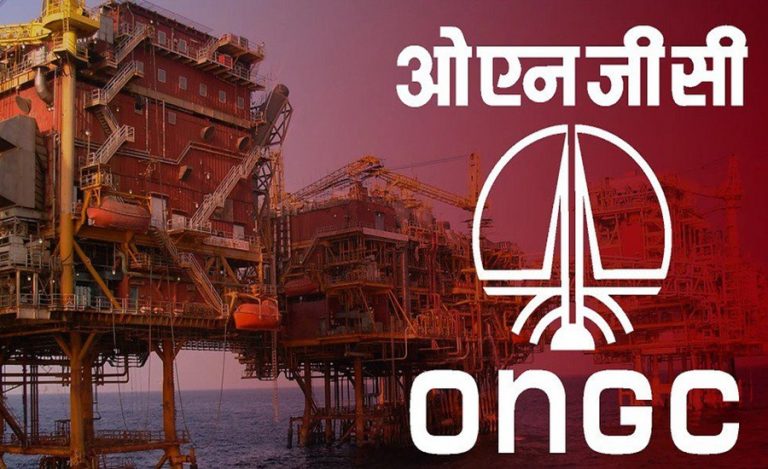Ahmedabad: In a landmark development, India has exported its first-ever jet fuel cargo to the US West Coast, signalling a new chapter in refined fuel trade and global energy dynamics. The 60,000-metric-ton shipment loaded at the Reliance Industries refinery in Jamnagar between October 28–29 is expected to arrive in Los Angeles in early December.
This move comes at a time when jet fuel supplies on the US West Coast are constrained owing to a major production disruption at the Chevron Corporation’s El Segundo refinery in California.
Background of First Jet Fuel Export to US
The US West Coast has faced tightening jet fuel supplies since October, after a fire disrupted the El Segundo refinery (capacity 285,000 barrels/day) forcing offline multiple units.
Amid this shortfall, India stepped in via an arbitrage window. According to trade and ship-tracking data, about 60,000 metric tons (≈472,800 barrels) of aviation fuel were loaded onto the Panamax tanker Hafnia Kallang from Jamnagar port, chartered by Castleton Commodities, bound for Los Angeles in early December.
Typically, major jet fuel imports to the US West Coast originate from Northeast Asia (e.g., ~600,000 tons in a month) due to lower shipping cost.
Importance of the first Jet Fuel Export to US
This shipment is significant on several levels:
Milestone for India: It marks India’s entry into the refined aviation-fuel export market for the US West Coast, showcasing the country’s refining and export capacity.
Supply chain diversification: For the US West Coast, it provides a temporary relief route outside traditional suppliers (Northeast Asia).
Energy trade diplomacy: It reflects India’s growing role in global energy markets and potential to contribute to supply chains beyond its region.
Arbitrage economics: The move was enabled by favourable price spreads (US West Coast jet fuel spot prices were about $10 per barrel above Singapore FOB levels) and logistical opportunity.
Major Challenges & Implications
Major Challenges
- While India manages the shipment, traders say future frequent imports from India into the US West Coast are unlikely because shipping costs via India are higher compared to Northeast Asia.
- One-off shipments are viable under strong arbitrage; however, consistent exports depend on shipping economics, freight rates, and market spreads.
- With Chevron’s El Segundo expected to be back in early 2026, the urgency for imports may diminish.
Key Implications
For India: Validates India’s refining hub status and opens possibilities for further exports of refined products (lighter fuels, aviation fuels) in response to global supply disruptions.
For US: Highlights how supply shocks (such as refinery fires) can open import pathways from non-traditional suppliers and underscores the strategic importance of supply chain resilience.
For global trade: Reflects evolving global refined product flows, where arbitrage windows and logistic capabilities can re-shape trade routes temporarily.
For pricing: The premium of US West Coast jet fuel over Asian benchmarks is a key driver; such spreads may guide future exports.
Way Forward
- Indian refiners should monitor global arbitrage windows closely and build logistic linkages to global markets; while cost remains a constraint, strategic exports during disruptions can enhance reputation and trade relations.
- US refiners / importers may evaluate diversifying supply chains further, including considering non-traditional suppliers like India, to enhance resilience against domestic outages.
- Shipping and logistics firms need to optimize freight terms and vessel availability on less-common routes (India to US West Coast) to make such trades more competitive.
- Policy makers in India may support streamlined export clearances, incentives for refined product exports, and improved port/logistic infrastructure to exploit such opportunities.
- Trade analysts will be watching closely to see if this export becomes a trend or remains a one-time event; sustained flows will depend on freight, production cost, own domestic demand, and global price spreads.





























